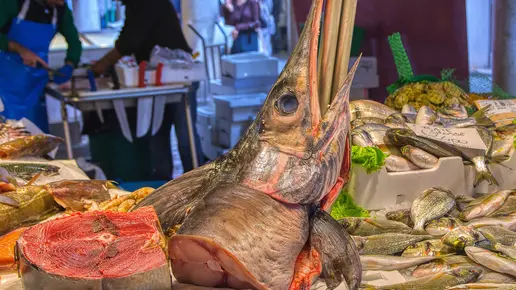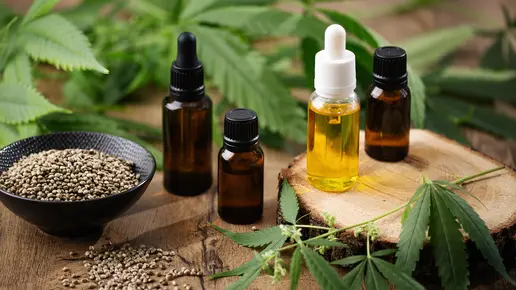Newsroom

News
La EFSA está llevando a cabo una consulta pública sobre dos proyectos de dictámenes científicos que presentan los últimos datos disponibles sobre cómo se puede controlar la Xylella fastidiosa en la UE...

Data visualization
Contenido de las páginas Qué son los plaguicidas Qué hacemos Cómo lo hacemos Con quién colaboramos Aire Los plaguicidas pueden evaporarse y ser transportados por el viento a otras zonas. Este proceso...

News
The agreement reflects a common objective: ensuring that innovation drives competitiveness while maintaining the highest standards of safety. Amid rapid technological change and increasing complexity...

News
Key scientific findingsReported cases As of 13 February 2026, seven countries (Austria, Belgium, Denmark, France, Luxembourg, Spain and the United Kingdom) had reported cases under investigation...

News
La resistencia a los antimicrobianos en bacterias comunes transmitidas por los alimentos, como Salmonella y Campylobacter, sigue siendo un problema de salud pública en toda Europa, según el nuevo...

News
Los expertos de la EFSA concluyeron que el edulcorante sucralosa (E 955) sigue siendo seguro para los consumidores en sus usos actualmente autorizados como aditivo alimentario.

News
Un estudio de la EFSA analiza la frecuencia con que los consumidores de la UE comen pescado y marisco con posible contenido de mercurio y su conocimiento de las recomendaciones nacionales sobre las...

Podcast
Access to documents is a crucial ingredient of open science. But how do lawyers assess what requires protecting and what to release? Join us as we digest the law behind your menu.

News
En el informe anual de la EFSA sobre residuos de medicamentos veterinarios en animales vivos y productos de origen animal. En el informe anual de la EFSA sobre residuos de medicamentos veterinarios en...

Data visualization
¿Cómo se establecen los límites máximos de residuos? Publicado: 10 febrero 2026 Cuando se utilizan plaguicidas para proteger las plantas de las plagas, podemos encontrar residuos en los alimentos...

Data visualization
Introducción Aprobación de sustancias activas Autorización de plaguicidas ¿Qué sucede después de la autorización de un plaguicida? ¿Cómo se fijan los límites máximos de residuos? ¿Cómo garantiza...

News
La Comisión Europea considera que el CBD puede considerarse nuevo alimento siempre que cumpla las condiciones de la legislación de la UE sobre nuevos alimentos.Nivel provisional de seguridad En una...

